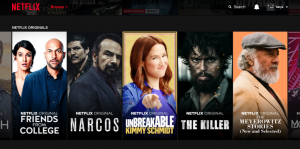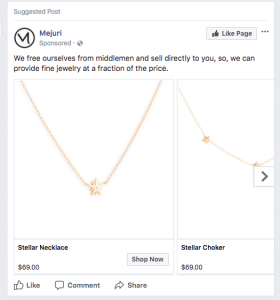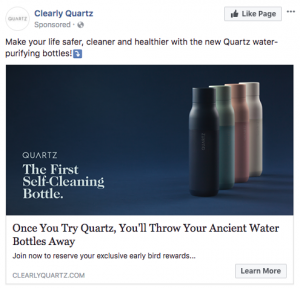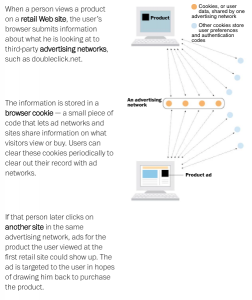Disney Emerging, Goodbye Netflix?
In the world of a college student, life soon becomes work, eat, and stream. Almost everyone I know, in some way, has a method to watch tv shows or movies. Whether it’s Apple TV, Amazon Prime, HBO, or my favorite, Netflix. Over the past year, Netflix has been the fastest growing “FANG” (Facebook, Amazon, Netflix, and Google) stock, up 64%. However, they have been slowing down due to some changes in the streaming world.

The elephant in the room in terms of streaming seems to be Disney pulling out of selling their movies to Netflix and instead, begin their own service to host their own films. This direct-to-consumer streaming service is said to be coming in 2020, and Disney will actually be pulling movies from Netflix in 2019. Even Netflix’s relationship with Marvel will stay intact, as their shows including “The Defenders” and “Marvel’s Inhumans” will remain on the service, as well as the larger Marvel films. Disney is reportedly planning on making their own streaming service cheaper, just due to the lack of volume. Disney also plans on launching an ESPN streaming service. This will include over 10,000 events previously only available for cable users.
As Bob Iger, CEO of The Walt Disney Company states, “I can say that our plan on the Disney side is to price this substantially below where Netflix is. That is in part reflective of the fact that it will have substantially less volume. It’ll have a lot of high quality because of the brands and the franchises that will be on it that we’ve talked about. But it’ll simply launch with less volume, and the price will reflect that.”
In response to this, stocks for Netflix went down by 5%, demonstrating investors’ worry for the future of Netflix. However, this change begs the question: Is this an actual problem for Netflix? In my opinion, we should be looking at Disney’s departure as an expanded, yet similar future in streaming services. It’s not necessarily the case that Disney will ultimately dissolve Netflix into being obsolete or redundant or any other service such as Hulu or HBO. It is known that each of these different streaming services offer similar products, but the content itself is what differentiates each one. Amazon Prime offers “American Gods” while Netflix has it’s “Stranger Things”, and so with Disney’s service for content created by Lucas Films and Pixar, it seems as though streaming services are like cable “channels”. As Netflix becomes less involved in their licensed content, we are moving into a future where in order to watch some things, we have to pay for everything. Is this what we encounter with cable tv, yet with more convenient means?
Word Count: 450


